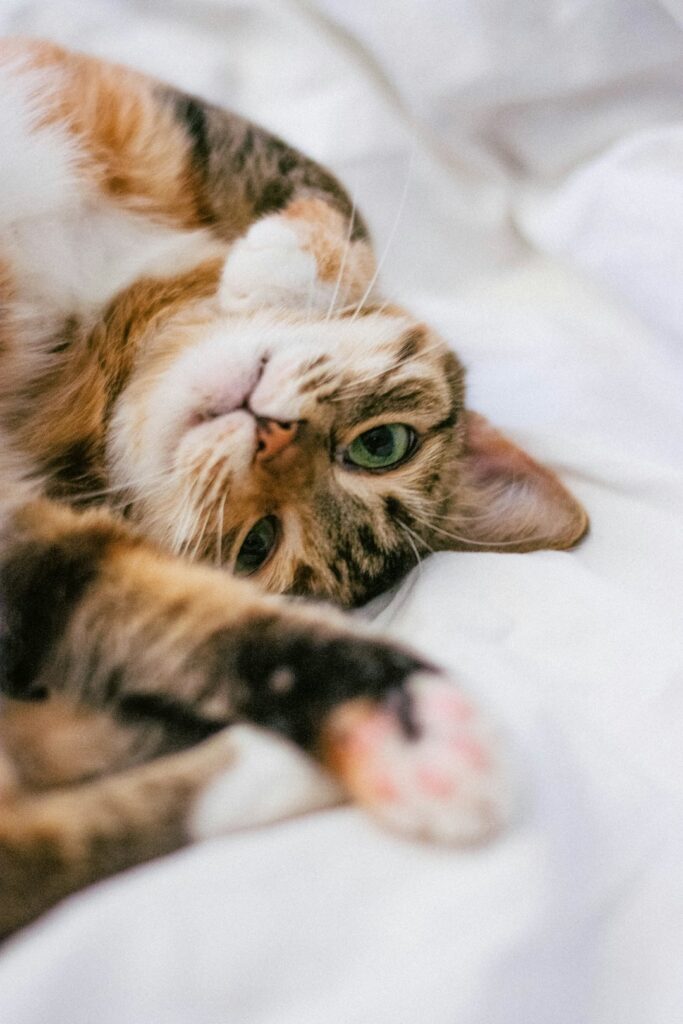Have you ever had a moment in an argument when you say to yourself, “Wow, who they want me to be is completely different than who I am!?”
It can be like an ice bucket to the face.

It usually comes out of left field, often with a person with who you feel at least a baseline of trust. And then whammo!
I’ve been pondering this lately, trying to understand what is happening in the relationship dynamic, what we can do to prevent it, and how to respond in a healthy way when it does happen.
Whether these are work or personal relationships, let’s talk through some best practices.
Mind Reading is Not a Thing.
We can never fully understand what is happening in another person’s mind. People create ideas of another based on their limited experience with that individual, with a considerable dose of generalizations.
For example, when I talk to people of my mother’s generation, I assume they will have a limited understanding of DEI. I’m aware of this bias, so I adjust my language when it becomes clear that I made a poor assumption. However, I’m sure there are biases I’m unaware of that come out in other ways.
If I ever get my hands on a magic lamp, my first wish is for every human aged 18+ to have excellent Self-Awareness. This wish might sound whimsical, but it’s rooted in the belief that self-awareness is the key to preventing many relationship challenges. If we could all seek to understand our own character, feelings, motives, and desires, we could navigate our relationships with more clarity and understanding.
When someone says something that sends the ice bucket hurtling toward me, my self-awareness practice kicks in after the initial shock: “What did I say or do that could have possibly given them this perception of me?” Sometimes, I come up with ideas, but often, I come up blank.
Critically, an honest conversation is only possible if they also have self-awareness. Without self-awareness on both sides, the conversation goes like this:
“Hey, I don’t think that’s true about me. Can you say more?”
“I said it, so it’s true.”
“Um, no, it’s not. Here are five counterfactuals.”
“Yeah, but I’ve decided that it’s true about you, so neener neener.”
Relationships Die Without Curiosity.
When you’ve worked together for two years, “I’m sure you’ll love working on this project” usually means, “I have categorized you in this bucket right here. You will live there forever.” Even if you enjoy working on this project, your leader missed the opportunity to get curious and learn how to help you meet your growth goals.
Over time, these slights add up, and you find a new leader to support you more effectively.
It’s impossible to prevent someone from seeing you differently than you see yourself. Here are a few ways to make it less likely.
- Be curious about them. It may not make them curious about you, but it will make them like and trust you more. Ask open-ended questions with genuine interest. For example, “Who is your most important role model?” You will learn a lot about them from this answer.

- Practice authenticity. Don’t apologize for who you are; don’t try to be who they want you to be. Celebrate your differences. Share how you changed your mind about things with humility and vulnerability. Being authentic means being true to yourself and your values, even when it’s difficult. This can foster trust and understanding in relationships, showing that you are genuine and open.
- Remember your boundaries. I often remind myself, “You teach people how to treat you.” While teaching others how to treat you may not be feasible, prioritizing self-respect is vital. If someone disregards your boundaries, there should be a consequence.
Accountability is Worth It.
Americans are terrible at accountability. Our reluctance to inspect our wrongdoings as a country has made US citizens shy away from being personally accountable to people we have hurt.
My first memory of what accountability looks like randomly comes from the Wheel of Time books. It’s an epic fantasy series that I love for its mix of realistic human interactions, cultural diversity, and strong female characters. The Aiel is one of these cultures, and their matriarchs articulate that whatever choice they make, they also fully accept personal responsibility for the consequences.
When I first read it, my head exploded. I remember feeling anxious and expecting the characters to avoid the consequences at all costs. It was stunning to realize that I had no frame of reference for this mindset! I struggle to name any other story in which the characters willingly accept and live with the consequences of their choices.
Can you think of any? In most American stories, we see revenge, evasion, and blaming. Justice and accountability are rare! When we deny or blame someone else for the pain we caused, it becomes impossible to repair the relationship.
During the early days of my anti-racism journey, I realized that accountability was my largest growth area next to the actual unlearning process.
My experience of learning to be accountable has been a relief and immensely empowering. When we accept the consequences of our choices, we learn to have more compassion for ourselves and empathy for others. This journey towards accountability can be challenging, but the relief and empowerment it brings are worth it.
Clear and Simple.

Humans are truly emotional creatures, and as much as we like to think that we can have entirely rational relationships, it’s simply impossible. The disconnect between how you see yourself and how another sees you happens when there isn’t mutual and reciprocal curiosity, self-awareness, and accountability.
Reconcile, if you care to, with empathy, vulnerability, and trust. Otherwise, GTFO.
Your peace is more important than their ego. Never stop being your amazing self. If you find yourself wanting to contort yourself for their comfort, instead, interrogate why you think you are failing or not good enough. Don’t be the you that they expect you to be. Just be you.